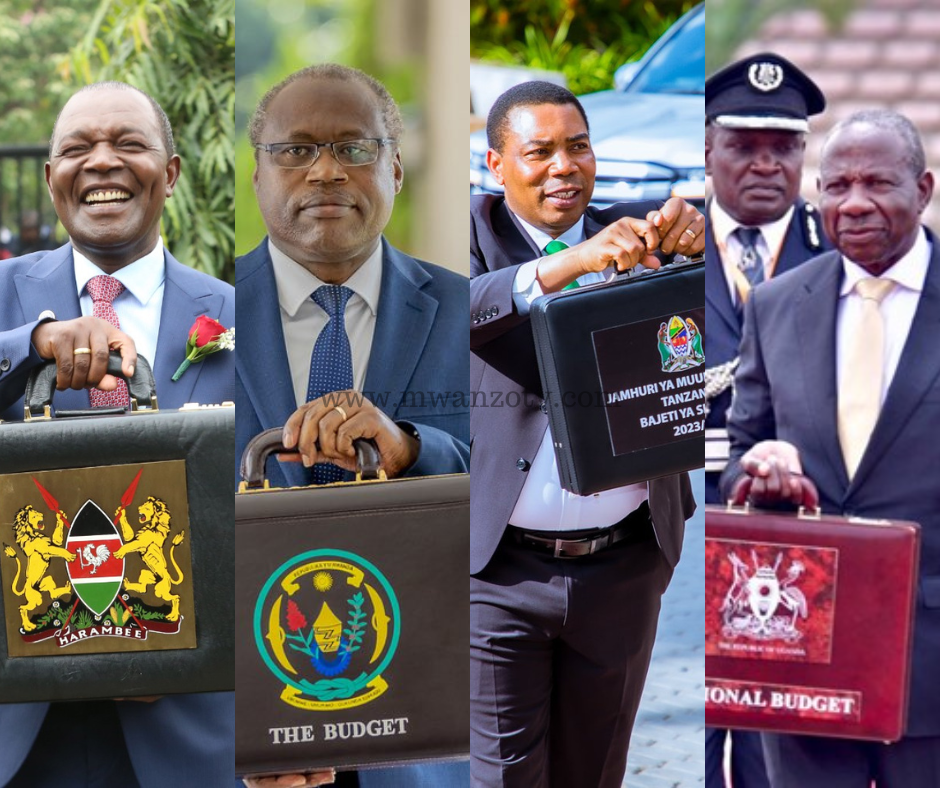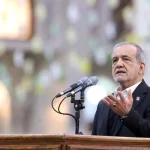
East African Community (EAC) countries have read their budgets for the financial year 2023 to 2024 where various sectors have been highlighted.
Kenya
Kenya has proposed to increase the rate of excise duty on gambling, gaming, prize competitions and lotteries from the current 7 percent to 12 percent. The remittance of the excise duty will be done within 24 hours after the transaction is closed.
The National Assembly has proposed a tax reduction of 15 percent of contributions to the workers’ fund for the treatment of people after retirement or giving them $35 a month. This is intended to encourage employees to save for their post-retirement needs.
Petroleum products petroleum will be taxed at 16%.
In order to encourage value addition of tea crops it has been proposed to remove value addition tax on tea purchased from factories or in tea auction centers for value addition and export.
The government has proposed an Excise Duty on imported sugar. But this does not include sugar imported or purchased locally by registered drug manufacturers.
Treasury Cabinet Secretary Njuguna Ndung’u said on Thursday in his Budget speech the duty, which would be passed on to the final consumer, is meant to reduce the consumption of sugar which has been associated with various diseases.
Other household staple products such as rice and wheat were, however, given favourable treatment by the Cabinet secretary in the Budget, through lower duty on imports.
The government has also proposed funds for government projects to strengthen the prevention and response to gender-based violence in Kenya.
The economy is expected to grow and expand by 5.5% in 2023 up from 4.8% in 2022 and it will be supported by private sector-led growth including strong performance of the services sector.
Tanzania
The Minister of Finance, Mwigulu Nchemba presented the budget of the Republic of Tanzania for the fiscal year 2023/2024, while the two largest amounts of money allocated are the payment of debts and the operation of administrative activities.
In its budget, Tanzania has focused on investing more in natural gas, building roads and bridges, and developing special areas including investment in Bagamoyo.
Funds will be invested by the Government to recapitalize its banks including, Tanzania Agricultural Development Bank (TADB), Development Bank TIB and Tanzania Commercial Bank (TCB). and Tsh 235.9 billion after assessing the condition of those banks,” Nchemba said.
The government has also defended private businesses.
“The government proposes that from July 1, this year, it is prohibited for any regulatory authority to close business activities due to violating various laws.”
The economy is expected to expand at 5.2 percent in 2023.
Uganda
Finance Minister, Matia Kasaija, presented the budget for the financial year 2023/24, amounting to UGX 52.7 trillion.
“Uganda’s Debt to GDP is projected to drop to 48.2% this financial year ending June 2023 from 48.6% at the end of June 2022,” Kasaija said.
The government has given priority to the agricultural sector as funds have also been set aside for the promotion of private businesses, with the government focusing on tourism, industrial development and innovation.
Uganda’s economy is projected to grow at six percent in financial year 2023/2024, according to Mr Kasaija.
Rwanda
The Minister of Finance and Planning, Dr Uzziel Ndagijimana, said that Rwanda’s economy will grow at a rate of 6.2% in 2023 from 8.2% in 2022; where the gap between them has been caused by various economic problems including Covid-19 and the war in Ukraine.
In 2024, the economy will grow at a rate of 6.7%, in 2025 it will grow to 7% and in 2026 it will reach 7.3%.
In its national budget, the government of Rwanda said that the increase in spending will stimulate economic recovery.
Priority was placed on investments to deal with climate change and also to finance important investments in education, health services, technology and innovation and infrastructure through the national strategy that has been put in place.






